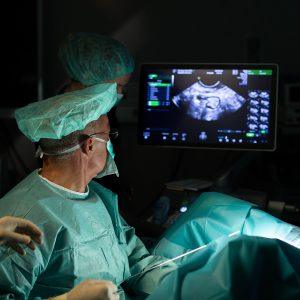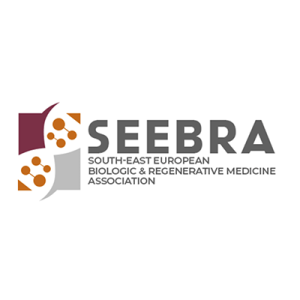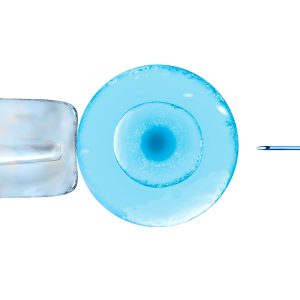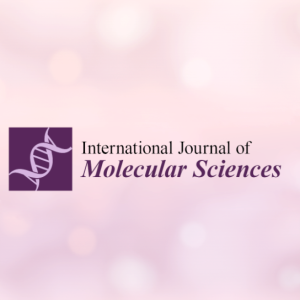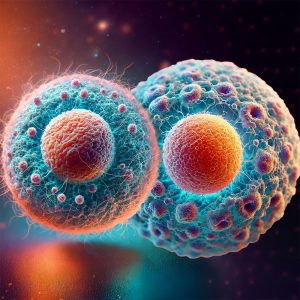Published in International Journal of Endocrinology
Abstract
There is a rising incidence of infertility worldwide, and many couples experience difficulties conceiving nowadays. Thyroid autoimmunity (TAI) is recognized as one of the major female infertility causes related to a diminished ovarian reserve and potentially impaired oocyte maturation and embryo development, causing adverse pregnancy outcomes. Growing evidence has highlighted its impact on spontaneously achieved pregnancy and pregnancy achieved by in vitro fertilization. Despite the influence of thyroid hormones on the male reproductive system, there is insufficient data on the association between TAI and male infertility. In past years, significant progress has been achieved in cell and gene therapies as emerging treatment options for infertility. Cell therapies utilize living cells to restore healthy tissue microenvironment and homeostasis and usually involve platelet-rich plasma and various stem cells. Using stem cells as therapeutic agents has many advantages, including simple sampling, abundant sources, poor immunogenicity, and elimination of ethical concerns. Mesenchymal Stem Cells (MSCs) represent a heterogeneous fraction of self-renewal, multipotent non-hematopoietic stem cells that display profound immunomodulatory and immunosuppressive features and promising therapeutic effects. Infertility has a genetic component in about half of all cases, although most of its genetic causes are still unknown. Hence, it is essential to identify genes involved in meiosis, DNA repair, ovarian development, steroidogenesis, and folliculogenesis, as well as those involved in spermatogenesis in order to develop potential gene therapies for infertility. Despite advances in therapy approaches such as biological agents, autoimmune disorders remain impossible to cure. Recent research demonstrates the remarkable therapeutic effectiveness of MSCs in a wide array of autoimmune diseases. TAI is one of many autoimmune disorders that can benefit from the use of MSCs, which can be derived from bone marrow and adipose tissue. Cell and gene therapies hold great potential for treating autoimmune conditions, although further research is still needed.
Read more at https://www.hindawi.com/journals/ije/2022/4842316/.

